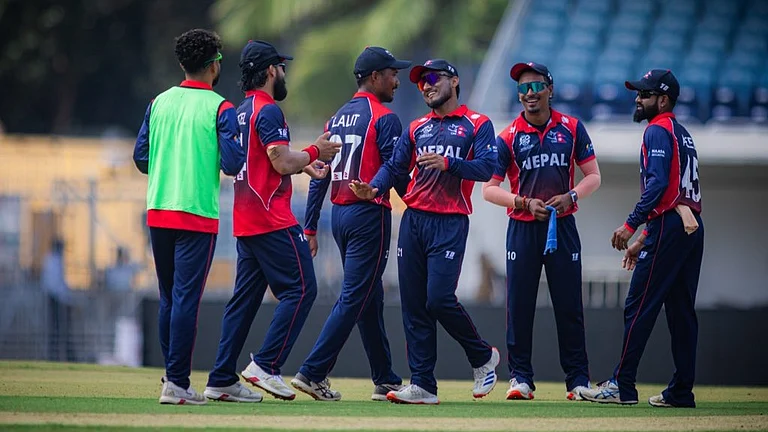The Dalai Lama’s visit to a centuries-old monastery at Tawang, in Arunachal Pradesh, clearly angered China (which claims most of the state), besides causing indigestion for New Delhi bureaucrats. The result: the Indian government, in an apparently unprecedented peacetime move, prohibited foreign correspondents from covering a significant international event.
Foreigners do not have free movement in much of India. In nine states (plus the Andaman, Nicobar and Lakshadweep island groups), Protected/Restricted Area Permits are required. The disputed border stretch at Tawang is usually not forbidden territory for foreign backpackers and pilgrims. Arunachal state officials expressed no anxiety about granting me—or other correspondents—permission for a November visit. Indeed, some foreign journalists who doubled up as part of a ‘tour group’ were initially given permits.
For solo correspondents, the paperwork went to the Centre—only to be caught between the home and external affairs ministries. Bureaucrats in each of those ministries blamed the other ministry for sitting on the applications. Indian newspapers quoted central officials as saying the applications were still being considered, even as the Dalai Lama arrived in Arunachal. This was disingenuous. By that time, those few foreign correspondents who had been granted permits received urgent phone calls from home affairs officials, sternly informing them permission had been “revoked” and warning them that to ignore the order would put future visa renewals in jeopardy. Among those who received revocation orders were the Associated Press and the Washington Post.
Many journalists from foreign news bureaus had applied weeks, even months, in advance, certainly enough time to make decisions. As the president of the Foreign Correspondents Club of South Asia, Heather Timmons of the New York Times pointed out that, during last November’s Mumbai siege, the external affairs ministry processed 200 visas for visiting correspondents within 48 hours!
The most logical explanation for New Delhi’s motivation is, it didn’t want to exacerbate bilateral tensions by having the Dalai Lama’s visit widely publicised. If so, the apparent kowtowing to China had the opposite effect, because word of the clampdown hit the international news wires and further piqued interest in the Tawang visit among news editors. In retrospect, the ban was a clumsy move.
Domestic journalists could not be restricted, requiring as they do only the Inner Line Permit, which the state government routinely grants. My own impression is that domestic reporters are certainly not lacking in aggressiveness compared to their non-Indian brethren. Did officials really believe that, in the absence of foreign journalists, the questions tossed at the Dalai Lama would be fluffier? Indian officials should have understood that using nationality as the criterion for which reporters would be allowed to cover the visit wouldn’t hinder coverage. The major international news agencies and the most influential video disseminators have Indian staff and, predictably, utilised them to beam the Dalai Lama’s provocative comments on China worldwide.
Subsequently, Indian reporters in Tawang were soon pressured to stop questioning the Dalai Lama. I have covered the Tibetan spiritual leader in person numerous times and he always has the patience and good grace to reply on the spot to reporters. He certainly doesn’t mind the media attention, aware that it keeps the plight of the Tibetans in the headlines. Again, the pressure on journalists seemed to result not in response to inconveniencing the Dalai Lama but rather the Chinese.
Foreign correspondents here have noticed other more subtle indications of the Indian government increasing scrutiny of news correspondents. Some who have delved into sensitive human rights issues (such as casteism) have had fresh visas denied. Some correspondents have been told that renewals for Press Information Bureau identification cards would be smoother if they would dispatch more flattering stories. There are rumblings of a crackdown against shuttling freelancers who report on poverty, communal and sectarian violence and the widespread Maoist insurgency. I’m told India feels such coverage harms its quests to acquire a permanent seat at the UN Security Council or win a future bid to host the Olympics.
But should that be achieved by taking censorship cues from China rather than upholding—Indira Gandhi’s Emergency aside—decades of being one of the brightest lights of press freedom globally? This week the diya dimmed, at least for foreign correspondents in India.
(The writer is South Asia bureau chief, Voice of America.)


























